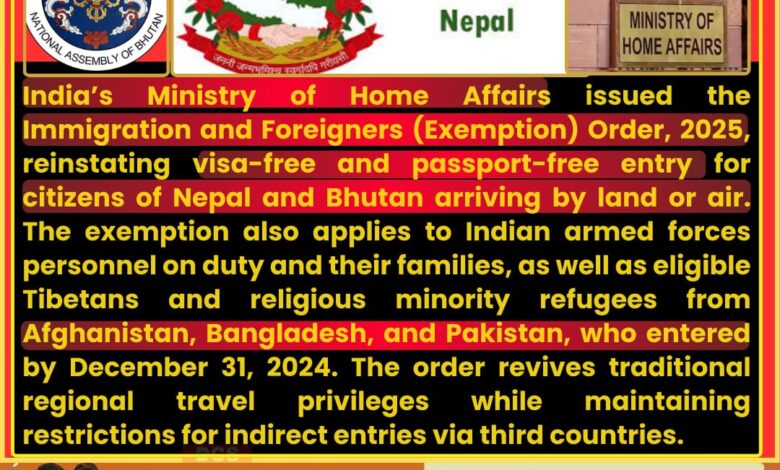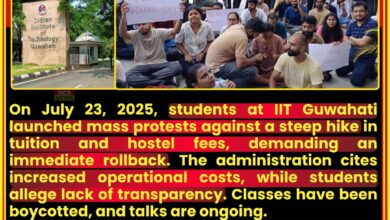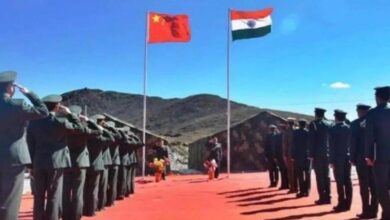
India Restores Visa-Free Entry for Nepalese and Bhutanese Travelers
On September 3, 2025, the Ministry of Home Affairs issued the Immigration and Foreigners (Exemption) Order, 2025, reinstating visa- and passport-free entry for citizens of Nepal and Bhutan arriving by land or air—reviving a long-held tradition of open regional mobility The Times of IndiaThe Indian Express.
Headline 2:
Exemptions Extend to Indian Armed Forces and Refugee Communities
The exemption also covers Indian military personnel and their families on official government transport. Special provisions apply to Tibetans with valid registration, as well as religious minority refugees from Afghanistan, Bangladesh, and Pakistan, under specified conditions The Economic TimesmintThe Indian Express.
Section 1: Policy Reinstatement & Regional Significance
As of September 2, 2025, India has reactivated its passport-free and visa-free access for citizens of Nepal and Bhutan entering by land or air. This directive was formalized under the Immigration and Foreigners (Exemption) Order, 2025, issued by the Ministry of Home Affairs. It reaffirms India’s commitment to seamless cross-border movement, reinforcing historical ties with its Himalayan neighbors The Times of IndiaThe Indian ExpressNorthEast Now.
This move underscores regional unity and simplifies travel arrangements, benefiting trade, tourism, family visits, and cultural exchange.
Section 2: Who Benefits Under the New Order?
-
Nepalese and Bhutanese citizens entering India by land or air from their respective countries are exempt from providing a passport or visa The Economic TimesThe Indian Express.
-
Indian military, naval, and air force personnel on duty—along with accompanying family members on government transport—are also exempt The Economic Timesmint.
-
Tibetans already in India with valid registration and entry documentation, including Special Entry Permits issued between 1959–2003, are included The Economic Timesmint.
-
Individuals from religious minority communities—Hindus, Sikhs, Buddhists, Jains, Parsis, Christians—from Afghanistan, Bangladesh, and Pakistan, who entered India by December 31, 2024, whether with or without documents, may also avail exemptions The Economic Timesmint.
Section 3: Scope and Limitations
Though the exemption restores long-standing convenience, it’s limited to direct entry from Nepal or Bhutan. Citizens of these countries entering India from third countries—or from regions like China, Macau, Hong Kong, or Pakistan—must still present valid passports and visas The Economic TimesThe Indian Expressobnews.co.
This ensures flexibility at traditional transit points while maintaining greater control over indirect entry points.
Section 4: Legal Backdrop & Historical Context
This renewed exemption replaces older regulations, consolidating them under the Immigration and Foreigners (Exemption) Order, 2025, which supersedes outdated statutes such as the Registration of Foreigners (Exemption) Order, 1957, and the Immigration (Carrier’s Liability) Order, 2007 The Indian Express.
The policy resonates with the Indo-Nepal Treaty of Peace and Friendship (1950), which allows free movement and equal residency and economic privileges for citizens of both countries Wikipedia+1. Likewise, the Indo-Bhutan Friendship Treaty grants similar cross-border mobility, reflecting deep diplomatic trust Wikipedia.
Section 5: Impact & Future Outlook
This announcement marks a reaffirmation of longstanding South Asian hospitality and connectivity. Citizens of Nepal and Bhutan can now travel to India more conveniently, aiding economic and social linkages. Indian defense personnel and their families benefit operationally, while refugee and Tibetan communities gain clarity and security.
Still, authorities may review indirect entry protocols and refugee documentation to ensure security and uniform application.










